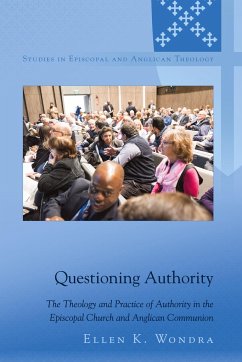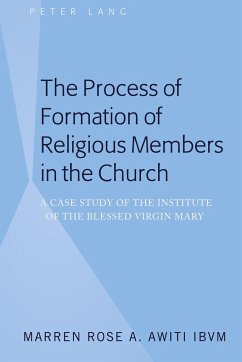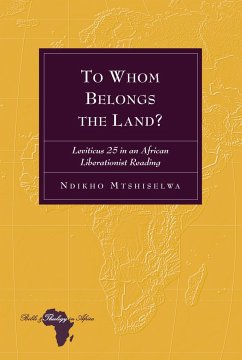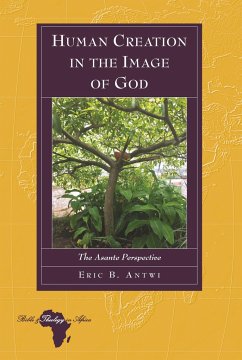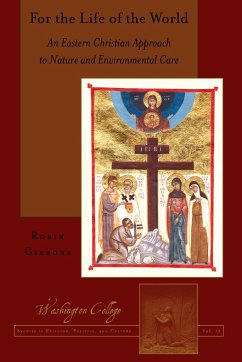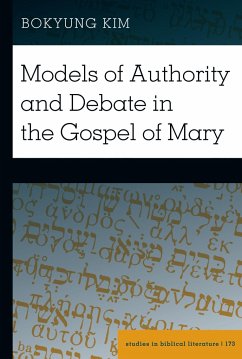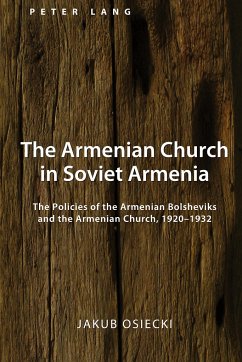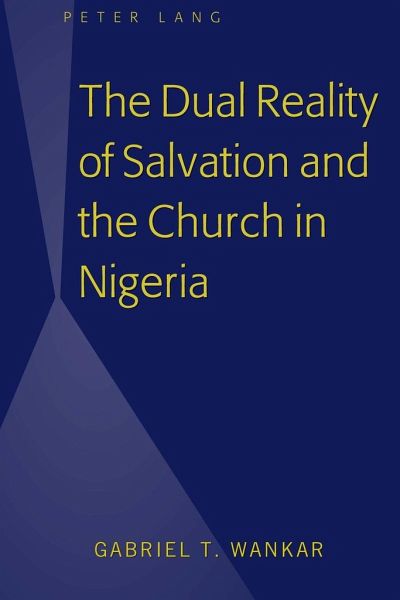
The Dual Reality of Salvation and the Church in Nigeria
Versandkostenfrei!
Versandfertig in 6-10 Tagen
113,45 €
inkl. MwSt.
Weitere Ausgaben:

PAYBACK Punkte
0 °P sammeln!
This book proposes an approach to the connection between salvation theory and ecclesial spirituality in Nigeria, indicating how the factors of economic, political, and religious co-existence are related, with implications for a deeper understanding of salvation. Considering African Synods I and II, the author proposes a paradigm shift toward a new pastoral option for the Church in Nigeria in the program for seminary formation, which prioritizes strengthening of ecumenical/interreligious structures of dialogue and collaboration as a process of rapprochement to enable an emancipatory praxis to c...
This book proposes an approach to the connection between salvation theory and ecclesial spirituality in Nigeria, indicating how the factors of economic, political, and religious co-existence are related, with implications for a deeper understanding of salvation. Considering African Synods I and II, the author proposes a paradigm shift toward a new pastoral option for the Church in Nigeria in the program for seminary formation, which prioritizes strengthening of ecumenical/interreligious structures of dialogue and collaboration as a process of rapprochement to enable an emancipatory praxis to come to existence for the Church's ministry and witnessing to "become flesh" in the reality of people's lives. This entails a deeper spiritual and practical understanding of religion, couched in terms of dialogue that translates into alliances and cooperation for the common good based on ties common to all religions and, most importantly, the possibility of forming synergies with civil society organizations in pursuit of the common good.





